Saving coffee at Kwembago
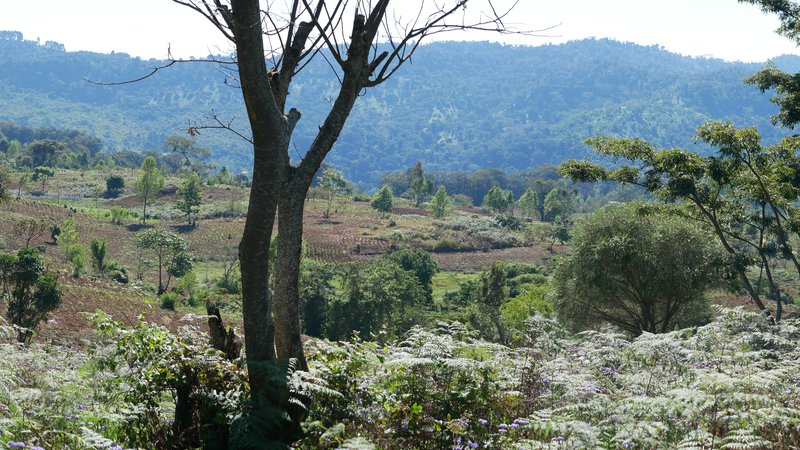
On the road from Dar es Salaam to Lushoto, as we're getting deeper into the mountains, we begin to see the shape of banana trees.
Something I have learnt from my previous journeys at origin, is that whenever you see banana trees, there might be coffee close.
I wasn't expecting though what we were about to find in the little city of Lushoto.
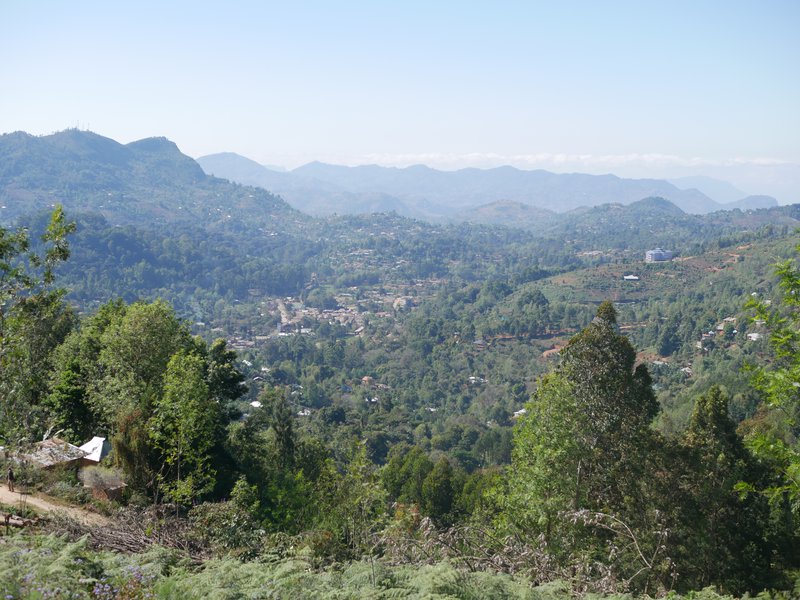
This latter is located on the western part of Usambara Mountains, formed more that two billions years ago and clad in a virgin tropical forest.
Occupied by native tribes until 1862, date when the German colons settled bringing with them cash crops like pine trees, bananas, corn, tea and coffee , the region then fall under British governance after the first World War as Tanzania became part of the British Territory of Tanganyika.
From this somehow pacific occupation resulted an important change on the relation between man and nature, the exploitation of the forest and the shift from traditional to more productive agriculture.
Usambara mountains have the perfect elevation and climate to allow production of cash crops.
Coffee found here a good place to settle as well and until very recently, people there were growing coffee and could live out of it.
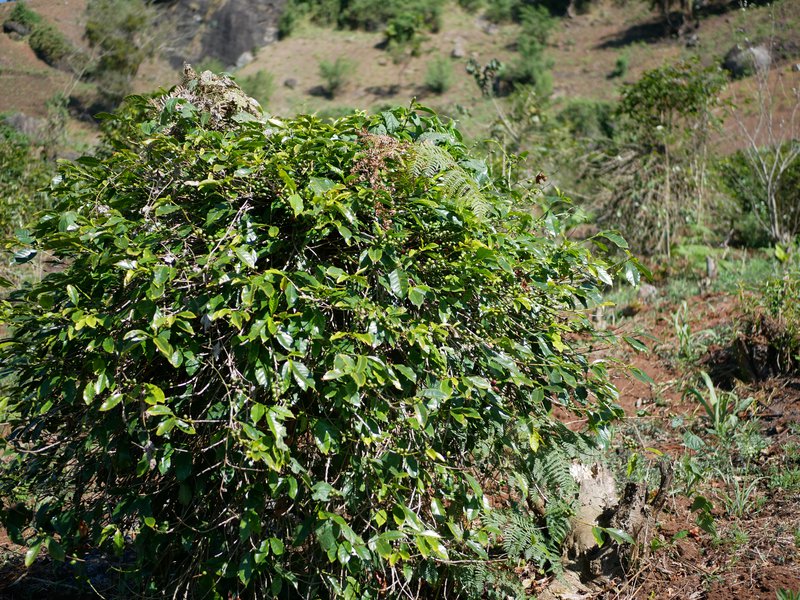
Nowadays the region hardly bears the traces of it. We did find on our way a few sparse coffee trees that held like relics of a forgotten past.
But this landscape is not a isolated case. It's actually the representation of today's reality and concerns for the future of coffee production.
So what happened? Why are people abandoning coffee culture.
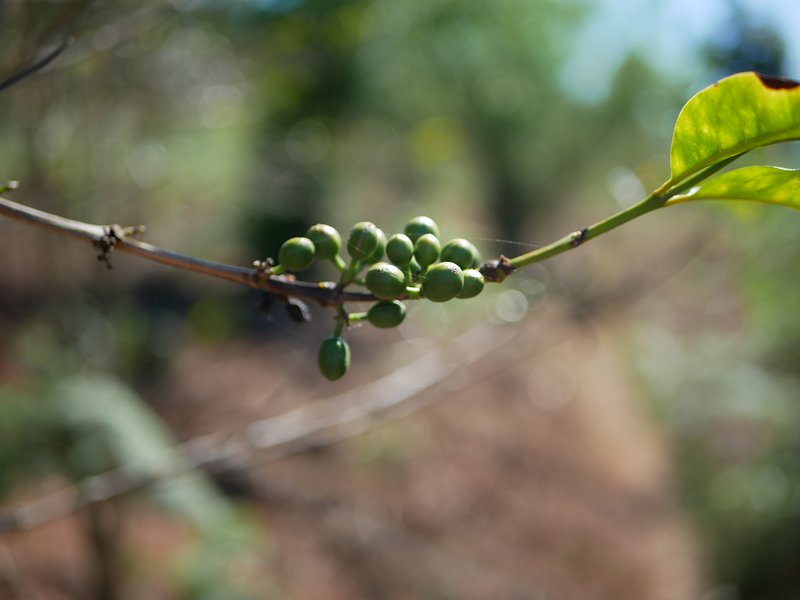
The reason are pretty simple actually. They just cannot live out of it.
If you look at New York stock exchange, the current price for conventional arabica coffee (i.e. non-certified) is around 2,76 US$/kg of green coffee!
That's less (much less!) than the price you pay for your cup of coffee in most of the consuming countries!
And considering the costs of producing green coffee (see our post explaining the different phases of coffee production) it is not surprising that people prefer the culture of other crops like maiz, carrots, sprout, potatoes etc. that will give them better incomes and are less exigent than coffee production.
There is still an irreductible village though, named Kwembago, that haven't totally given up.

The Tupende Coffee Corner offers the coffee from these local farmers.
They try to promote and give it better value, organising coffee tours where people can visit farms, understand how coffee is produced, roast own coffee and buy it afterwards...
All this to support the people to go on with coffee that can find in this place the perfect conditions to keep growing.
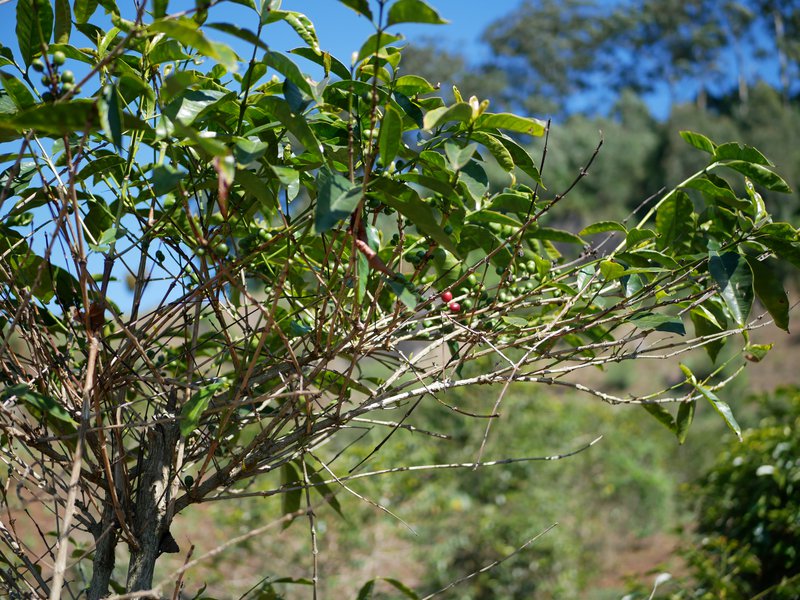

 Tanzania
Tanzania Colombia
Colombia Ethiopia
Ethiopia Guatemala
Guatemala Indonesia
Indonesia Kenya
Kenya Mexico
Mexico Philippines
Philippines Uganda
Uganda